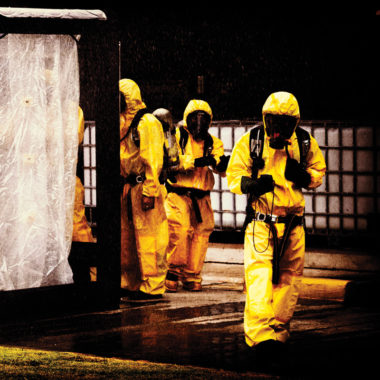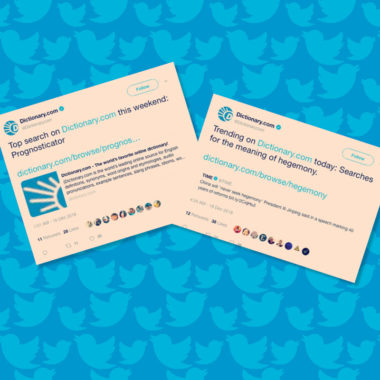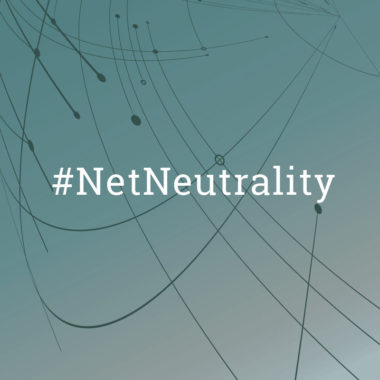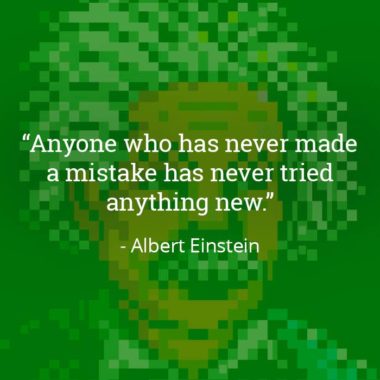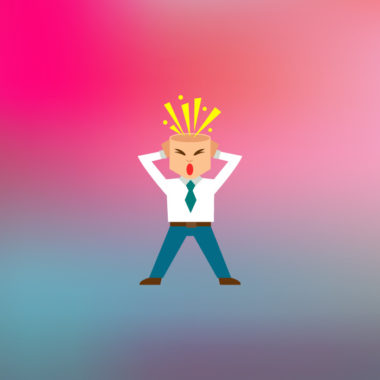“Latitude” vs. “Longitude”
Was the thought of identifying latitude and longitude on a map in geography class one of your high-key stressors? Well, you’re not the only anxiety-ridden test taker out there! The concept of measuring Earth by coordinates isn’t an overwhelmingly hard concept to grasp, but identifying the difference between these two words can be a little tough. Since they are both units of measurement that help …

